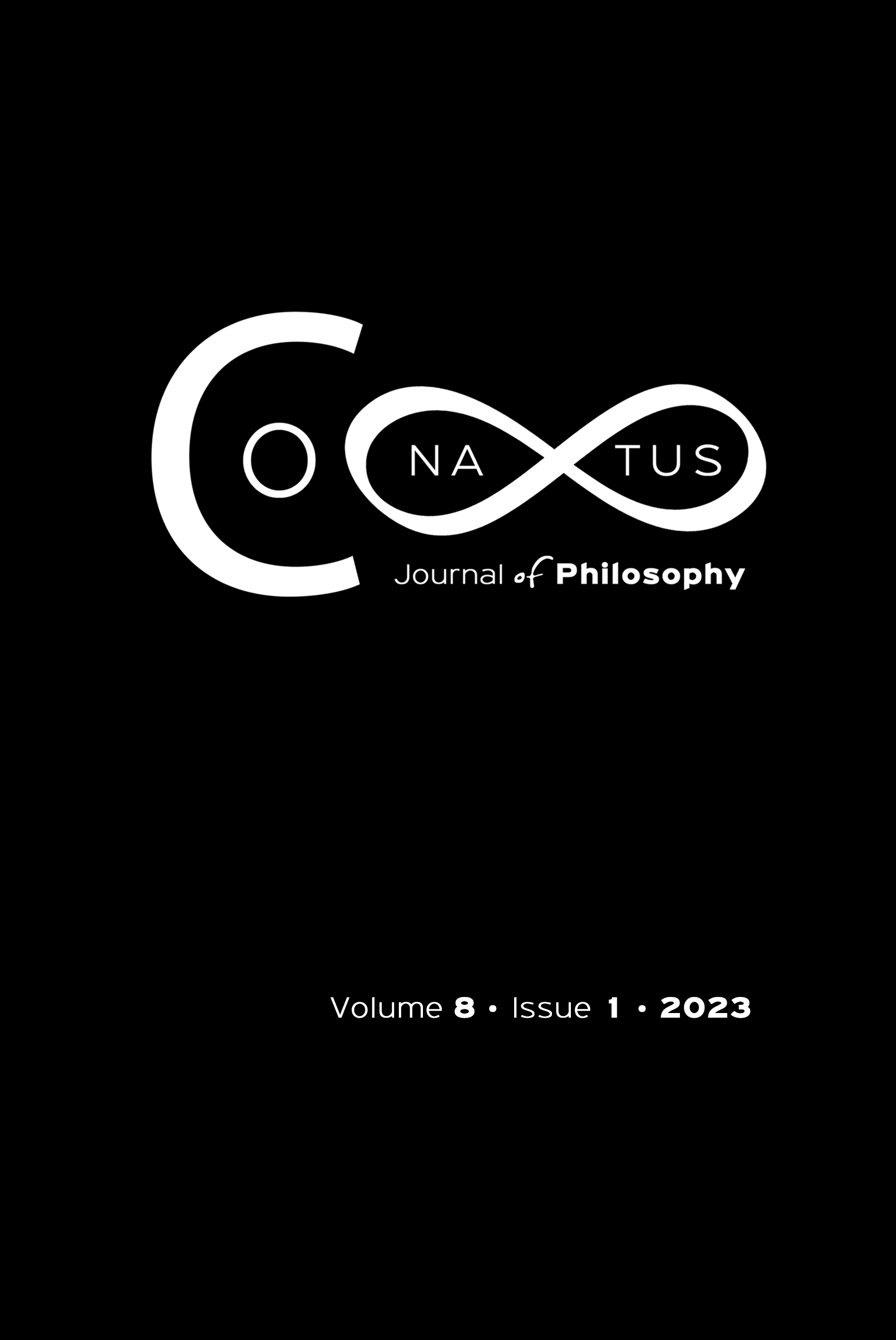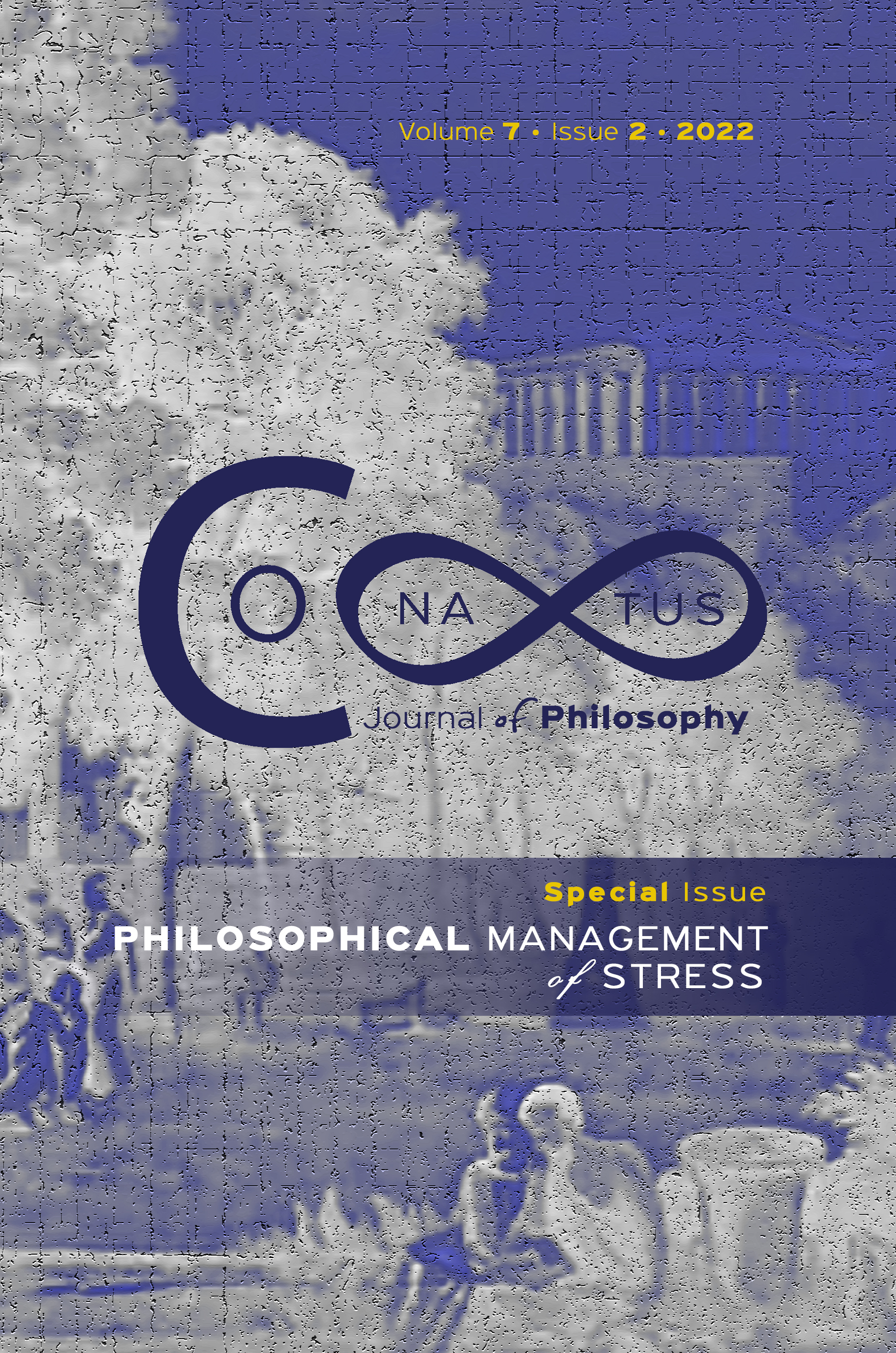The Philosophical Background and the Adventures of Religious Studies: The Case of Greece

Abstract
The teaching of Religious Studies in Greece has always been the subject of intense debate and controversy. The case law of the Council of State mandates a denominational course, allowing exemption only on the grounds of religious conscience. The Supreme Administrative Court even considered the introduction of a compulsory Religious Studies course for all students to be unconstitutional. In this sense, the Religious Studies course in Greece is seen as outdated, and an increasing number of students are seeking to be exempt from it. In a recent case, the Council of State, in an attempt to depart from its previous case law on the exemption, essentially referred the decision on the matter in question to the Greek Data Protection Authority, which was requested to give its opinion on the status of the currently applicable exemption. In the context of this contribution, we argue that: a) The Council of State erred in its approach of shifting the burden of this decision to the Data Protection Authority. b) These issues should not be decided by the courts or independent authorities but by the democratically legitimized legislature. c) Religious knowledge is an indispensable element of education and, as such, the Religious Studies course should have an encyclopedic, rather than a narrowly developed denominational character and remain compulsory for all pupils.
Article Details
- How to Cite
-
Panagopoulou-Koutnatzi, F., & Arabatzis, G. (2023). The Philosophical Background and the Adventures of Religious Studies:: The Case of Greece. Conatus - Journal of Philosophy, 8(1), 251–262. https://doi.org/10.12681/cjp.32617
- Section
- Articles

This work is licensed under a Creative Commons Attribution-NonCommercial 4.0 International License.
Authors who publish with this journal agree to the following terms:
Authors retain copyright and grant the journal right of first publication with the work simultaneously licensed under a Creative Commons Attribution Non-Commercial International License (CC BY-NC 4.0) that allows others to share the work with an acknowledgement of the work's authorship and initial publication in this journal.
Authors are able to enter into separate, additional contractual arrangements for the non-exclusive distribution of the journal's published version of the work (e.g. post it to an institutional repository or publish it in a book), with an acknowledgement of its initial publication in this journal.
Authors are permitted and encouraged to post their work online (preferably in institutional repositories or on their website) prior to and during the submission process, as it can lead to productive exchanges, as well as earlier and greater citation of published work.






